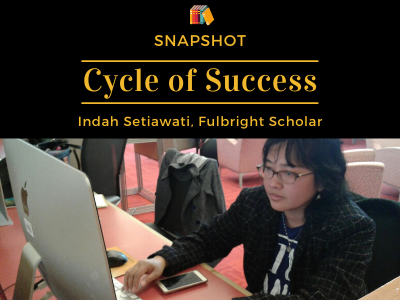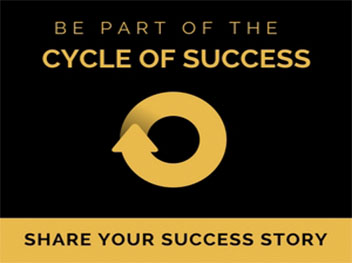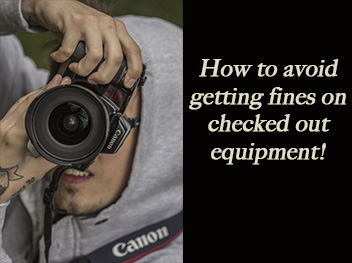The Missourian Newspaper Library moved to Lee Hills Hall in 1995 with the Columbia Missourian and has served the faculty and students at the University of Missouri and the community in some capacity since 1908. The School of Journalism is reconstructing the current newsrooms and offices in Lee Hills Hall to accommodate a new converged newsroom, which will include all j-school media outlets. In May of 2021, the physical Missourian Newspaper library space was closed due to space constraints, but the Journalism and Digital Access Librarian and staff are now in the journalism library.
The Missourian Library contained thousands of clip files (articles from the newspaper that were cut out and filed) arranged by subject, business, organization, events and location. They were mainly collected in the 1980s and 1990s from the Columbia Missourian and the Columbia Tribune. There are separate file cabinets which hold biographical files of people in and around Columbia and were collected as far back as the 1920s. These files were integral to the mission of the library in providing historical information about Columbia and Boone County to the university and the community. These clip archives have been donated to the Boone County Historical Society. After learning about the files, they were enthusiastic about saving this portion of history.
The Journalism Library will continue to support researchers with access to the Missourian through microfilm (from 1908 to present) and online archives. Please contact the Journalism Library for assistance.
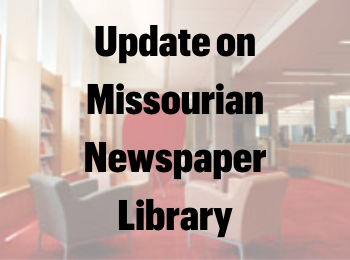
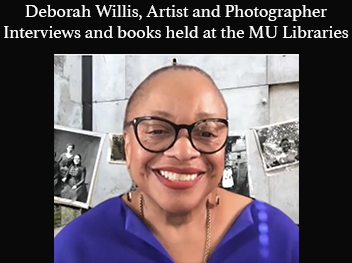
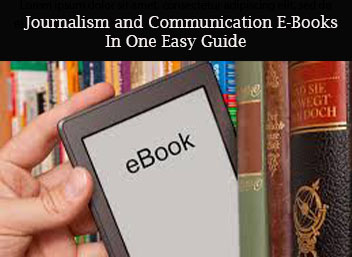
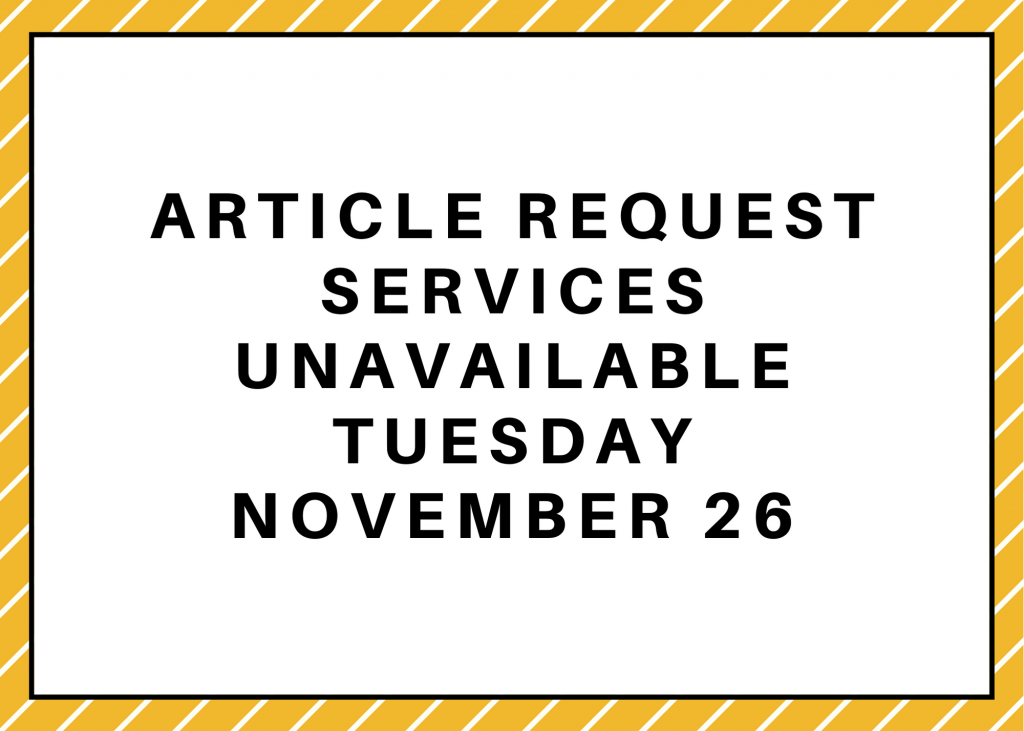
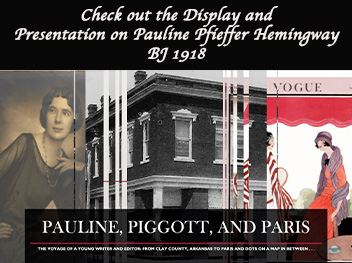
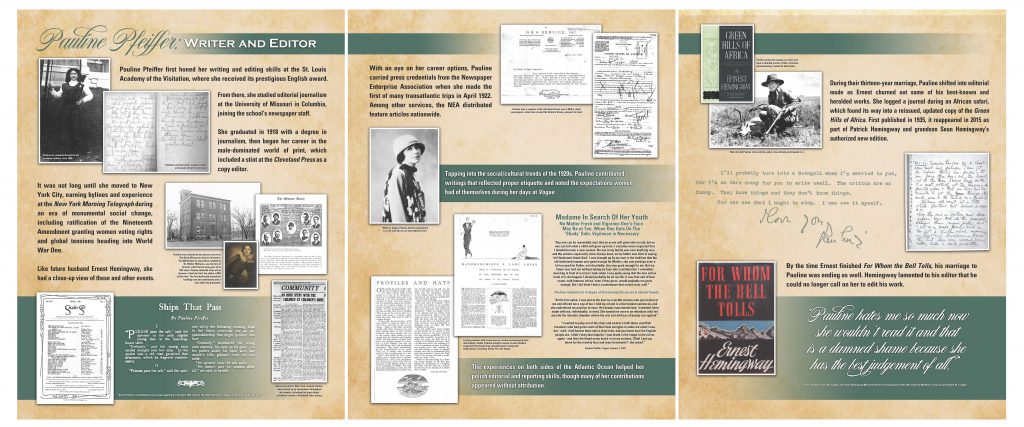
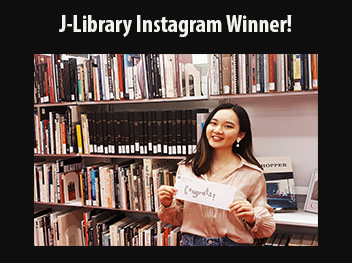
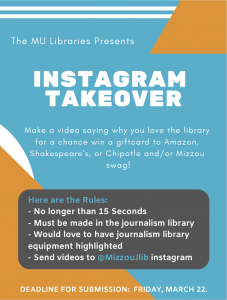 Annie is a senior Strategic Communication major who plans to work in fashion and/or beauty marketing. She visits the library daily to study and checkout equipment. When asked about the Journalism Library, Annie said “I like it, I love it! It makes me want to study here!”
Annie is a senior Strategic Communication major who plans to work in fashion and/or beauty marketing. She visits the library daily to study and checkout equipment. When asked about the Journalism Library, Annie said “I like it, I love it! It makes me want to study here!”